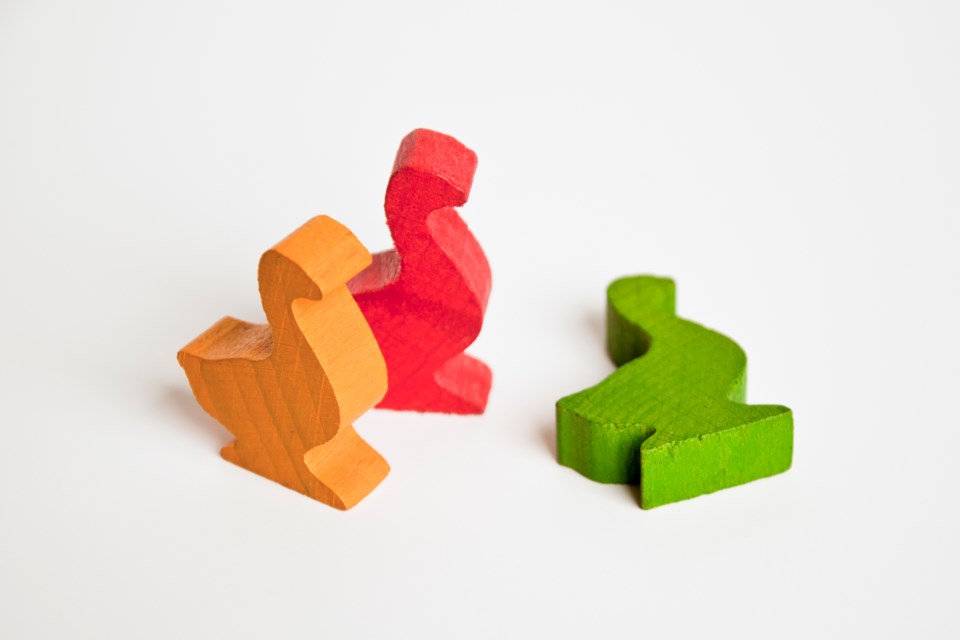When I was young, there was a children’s game called “Don’t Cook Your Goose.” The game used small plastic geese in four colours placed on the tippy lid of a pot. The object of the game was to place your geese on the spots designated by the spin of a wheel without tipping the lid and all of the geese crashing into the pot. The first person to get rid of all their geese won.
This game is perhaps a good analogy for the concept of a tipping point. A tipping point isn’t just a slight imbalance or change in equilibrium. It is a catastrophic change resulting in a disproportionate response.
Our world is a dynamic system continually undergoing changes. Small shifts in equilibria result in changes, usually at a local level. The classic example of this is the predator-prey relationship discussed in high school biology courses.
Consider wolves and rabbits, a classic predator-prey relationship. With a small wolf population, rabbits are free to multiply resulting in a large rabbit population. But a large rabbit population will allow wolves to catch more than enough food and successfully reproduce, increasing the wolf population, which will in turn result in a crash in the rabbit population. And this will result in wolves starving and their population dropping to low numbers, allowing the rabbits to make a comeback and the cycle to begin again.
Although simplistic, similar systems are present throughout our ecosystem. They are way more complicated than such a simple analogy would suggest. But they are the “normal” structure of the system – a large number of mutually interdependent dynamic equilibria.
While we don’t understand all of the relationships as well as we should, we do know that messing with one piece of the puzzle can have a dramatic impact on many others. It can lead to a crash where the system is suddenly and irrevocably out of balance. Or, in the game, the plastic geese all come crashing down.
The latest reports from the Intergovernmental Panel on Climate Change point out we have passed some of the tipping points with respect to climate and soon will be passing more. The climate is undergoing irrevocable changes and, in simple terms, our goose will be cooked.
Todd Whitcombe is a chemistry professor at UNBC.



